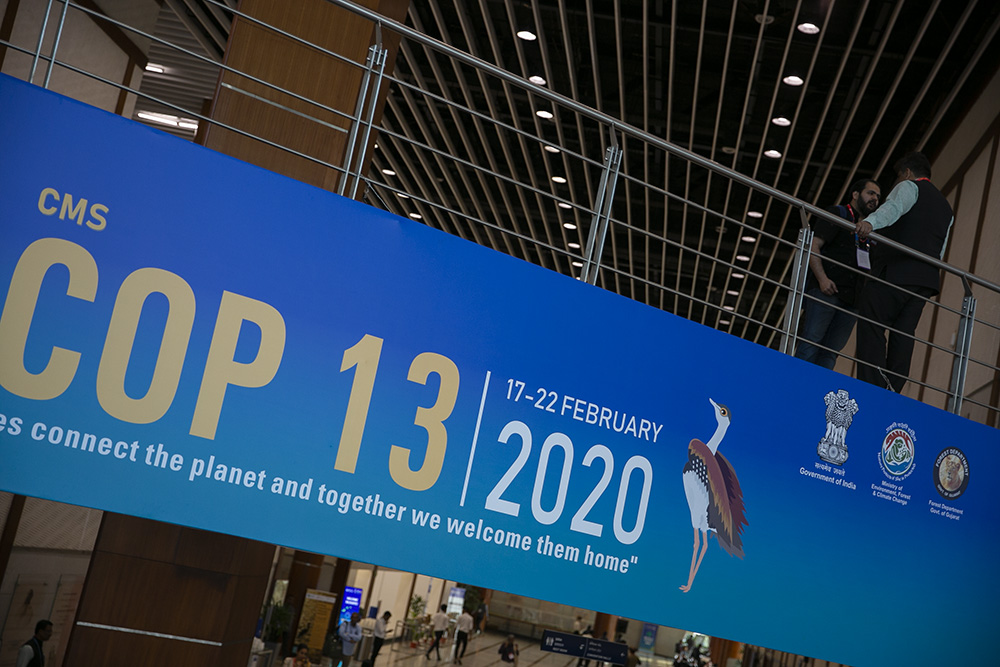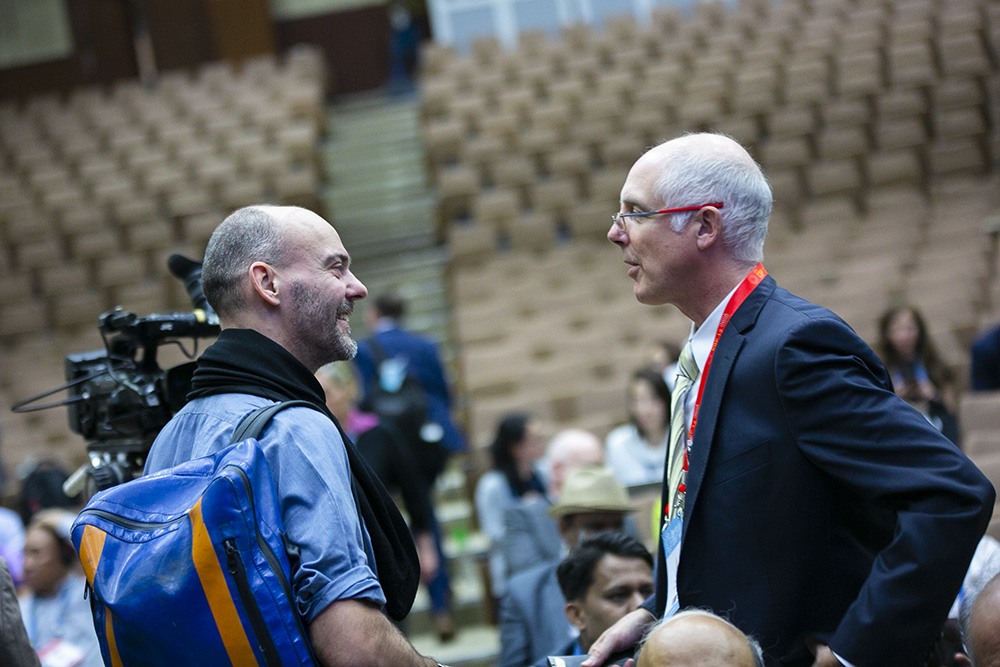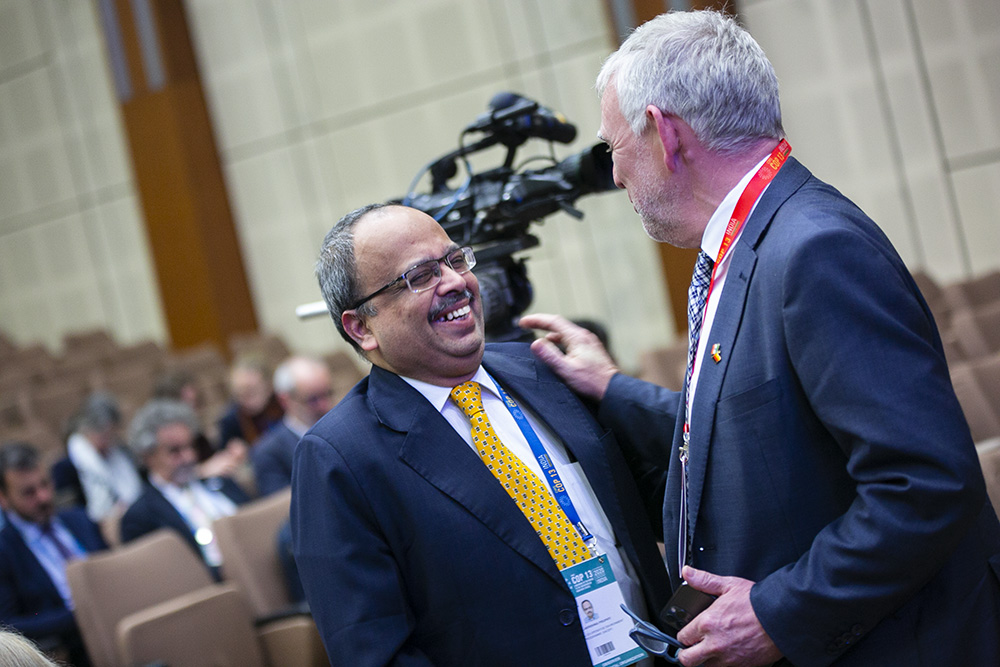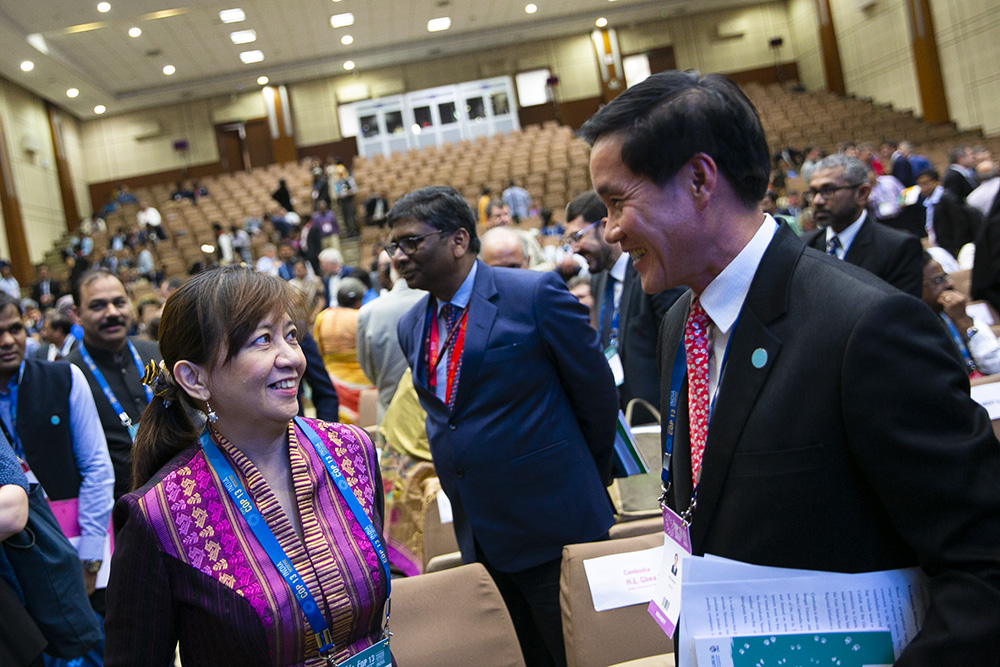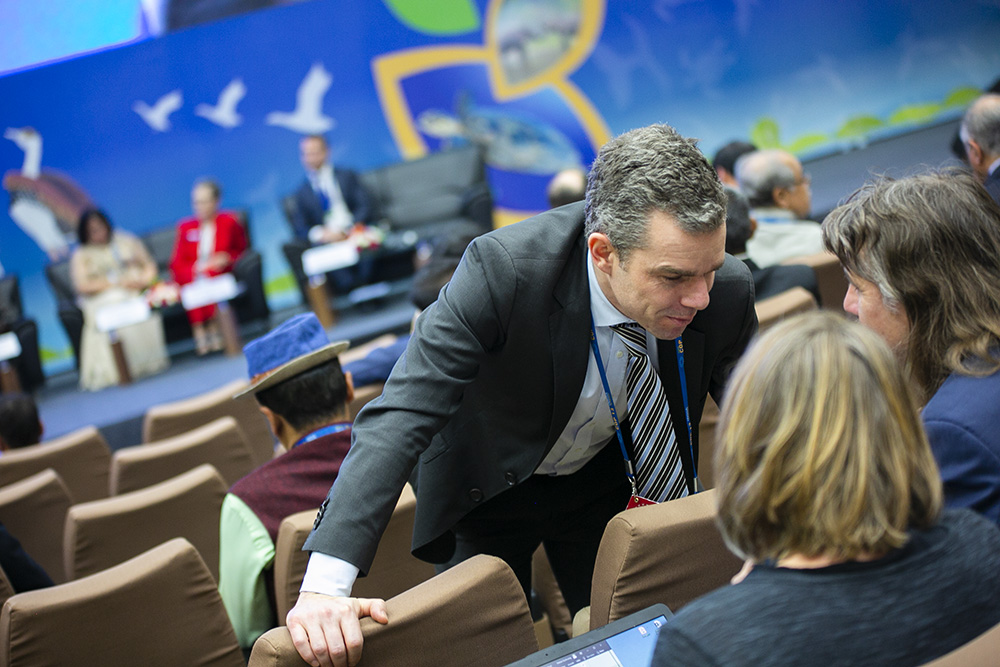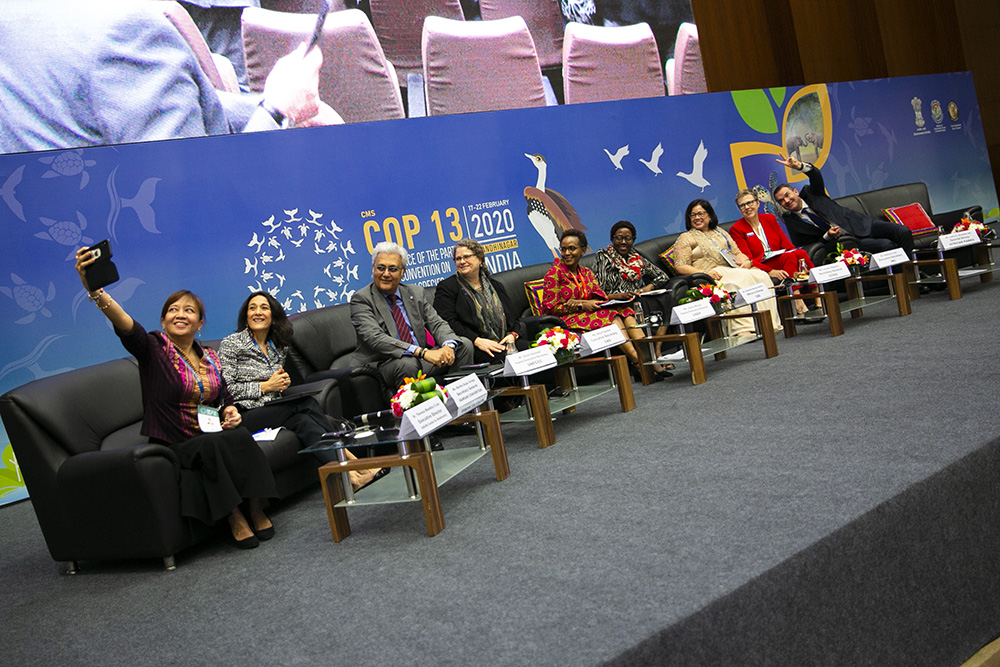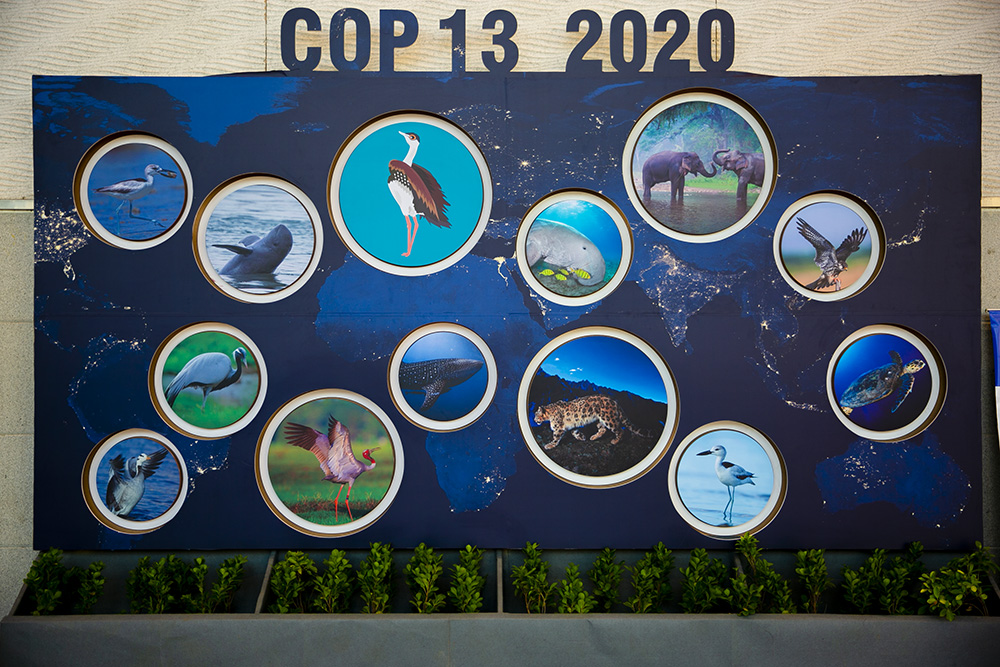Summary
Highlights for Sunday, 16 February 2020
Delegates, non-governmental organizations, and intergovernmental organizations convened for a High-Level Segment to discuss priorities for migratory species conservation in the Post-2020 Global Biodiversity Framework, highlighting the importance of connectivity in tackling the unprecedented threats facing migratory species. In the first session of the Segment, Ministers described their own work and views on the role and importance of CMS and how its priorities should be reflected in the Framework. Keshav Javadekar, Minister of Environment, Forestry and Climate Change, India, expressed pride in India’s recent success in recovering tiger, elephant, and rhinoceros populations. Amy Fraenkel, CMS Executive Secretary, remarked that this is the first CMS COP since the Intergovermental Platform for Biodiversity and Ecosystem Services (IPBES) sounded the alarm that we could lose a million species in the coming decade, including many migratory species. Yann Wehrling, France, used the approaching 50th anniversary of the Stockholm Declaration as a reminder for urgent action, including protecting 30 percent of our planet as interconnected nature reserves by 2030. In the second sessions, representatives of several intergovernmental organizations and multilateral environmental agreements (MEAs) were asked to reflect on the Ministers’ views, CMS, and ecological connectivity. Elizabeth Maruma Mrema, Convention on Biological Diversity (CBD), noted that the Zero Draft will be simple and transformative and with no more targets than the Aichi Targets. Martha Rojas Urrego, Ramsar Convention on Wetlands, emphasized the importance of preserving habitats, such as wetlands. Ivonne Higuero, Convention on International Trade in Endangered Species of Wild Flora and Fauna (CITES), highlighted the need to include indicators that will measure parties’ success in achieving the new targets in the Framework. John Scanlon, African Parks, noted that CMS is the only convention connecting species with habitats and emphasized that the current Zero Draft fails to make that connection. For more details on the day’s negotiations and to hear what delegates said in the corridors, see our daily Earth Negotiations Bulletin.
IISD Reporting Services, through its Earth Negotiations Bulletin (ENB) Meeting Coverage, has provided daily web coverage, daily reports, and producde a summary and analysis report from CMS COP13 which is now available in HTML and PDF.
Photos by IISD/ENB | Sean Wu
For photo reprint permissions, please follow instructions at our Attribution Regulations for Meeting Photo Usage Page
High-Level Segment
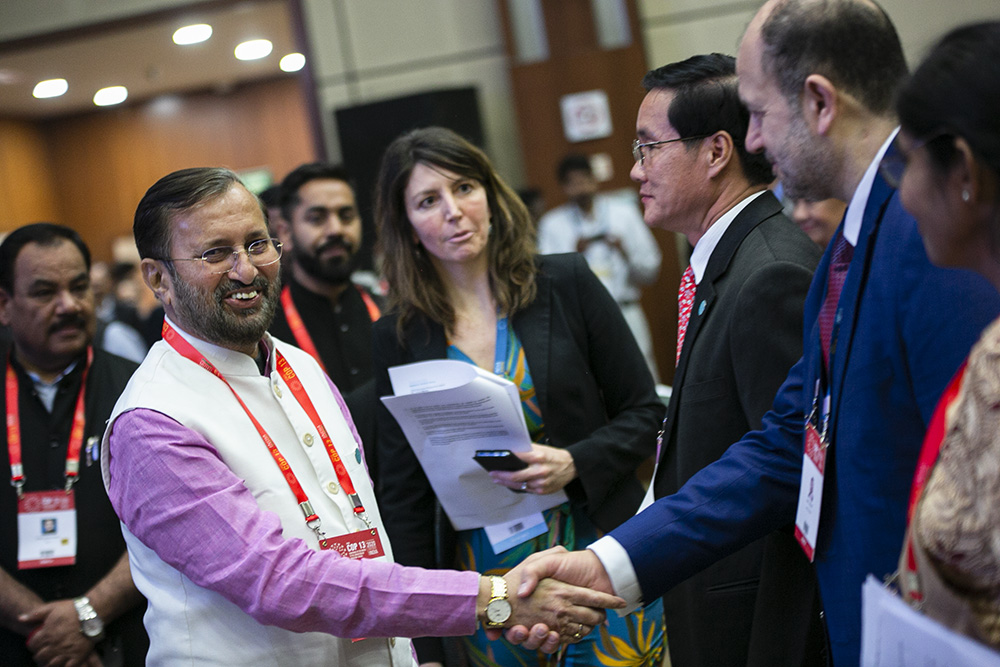
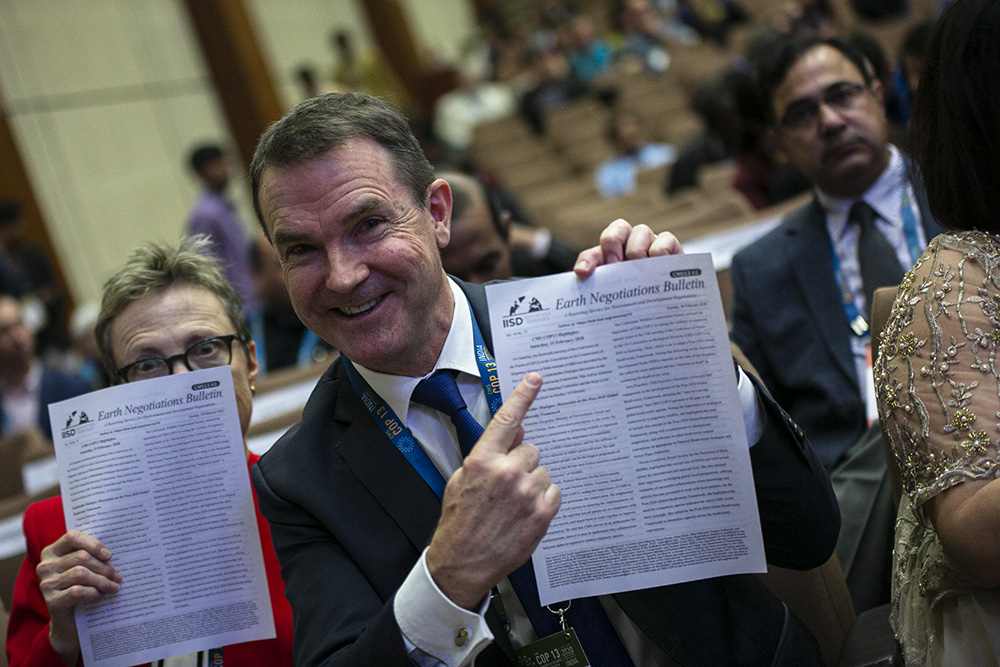
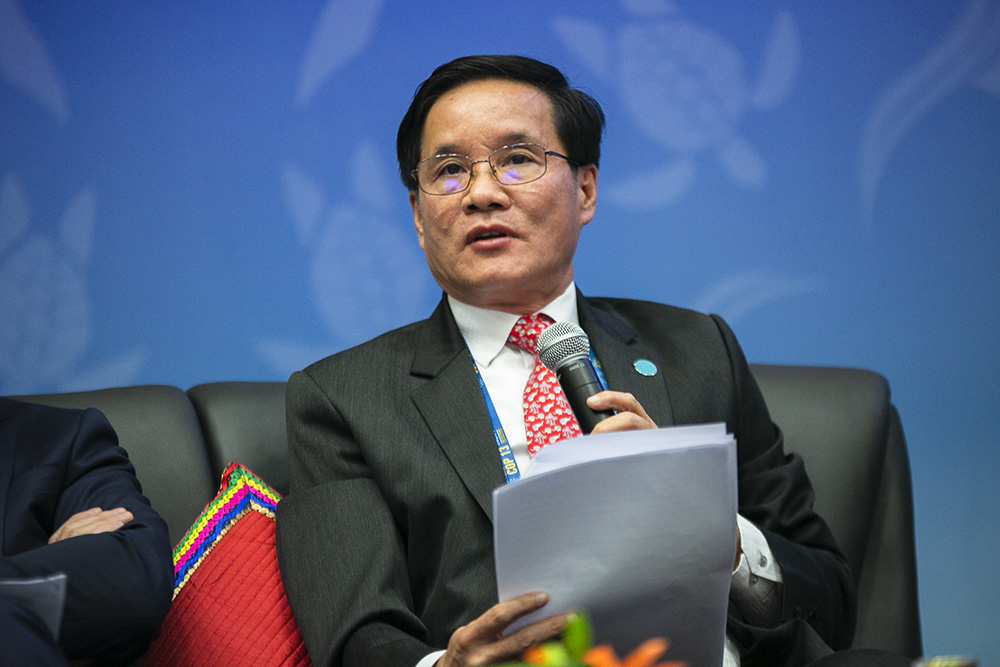
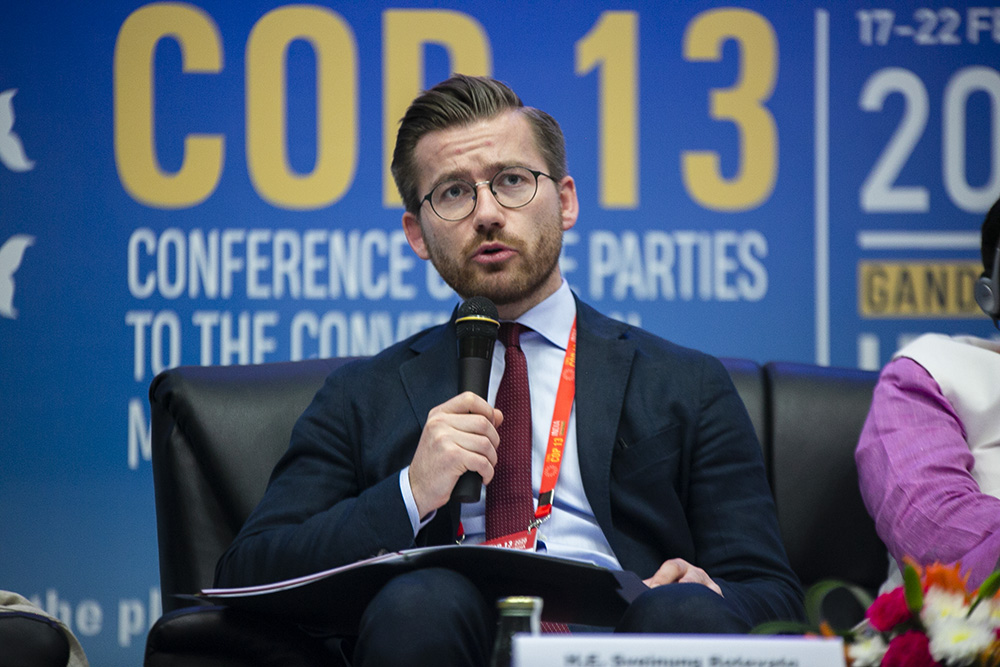

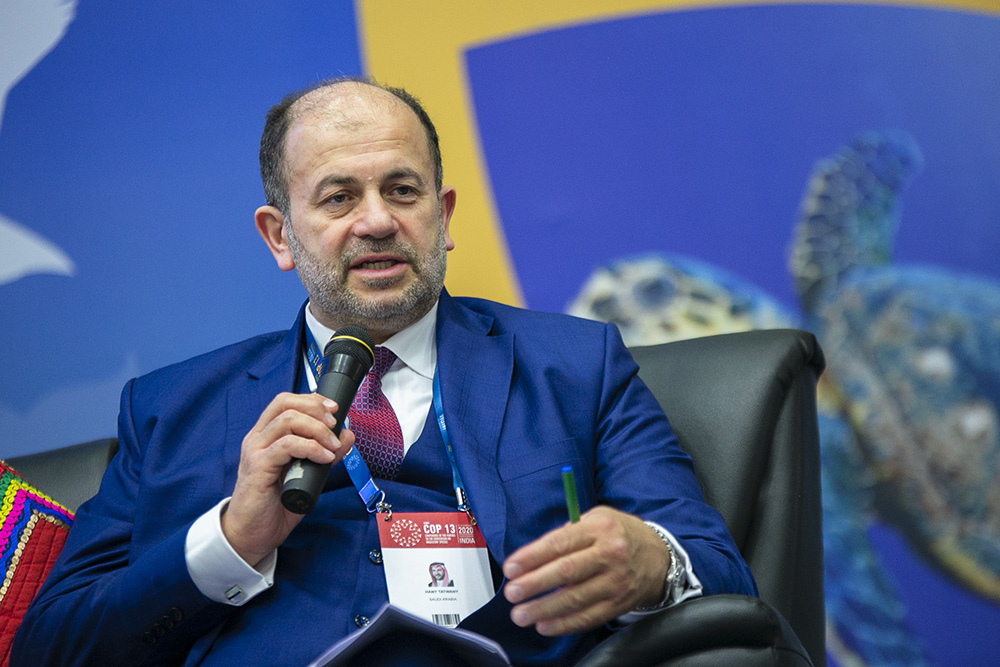
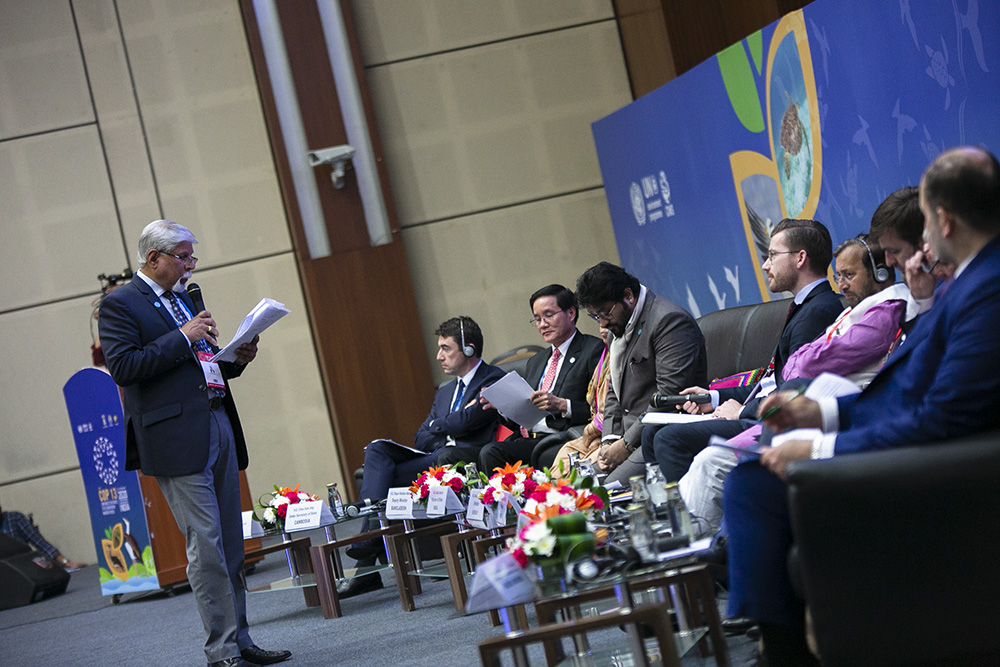
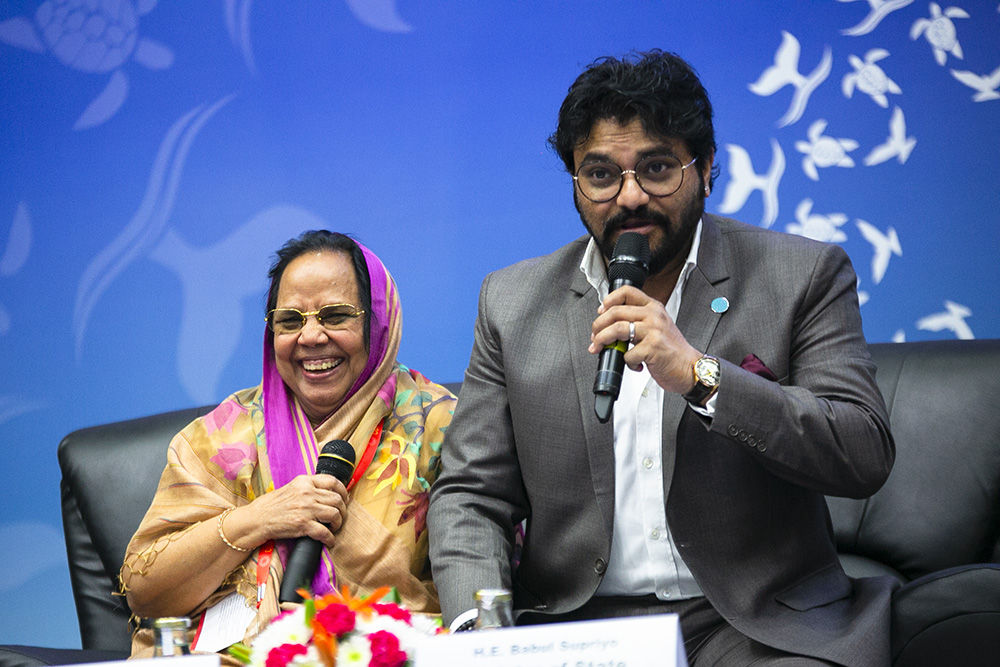
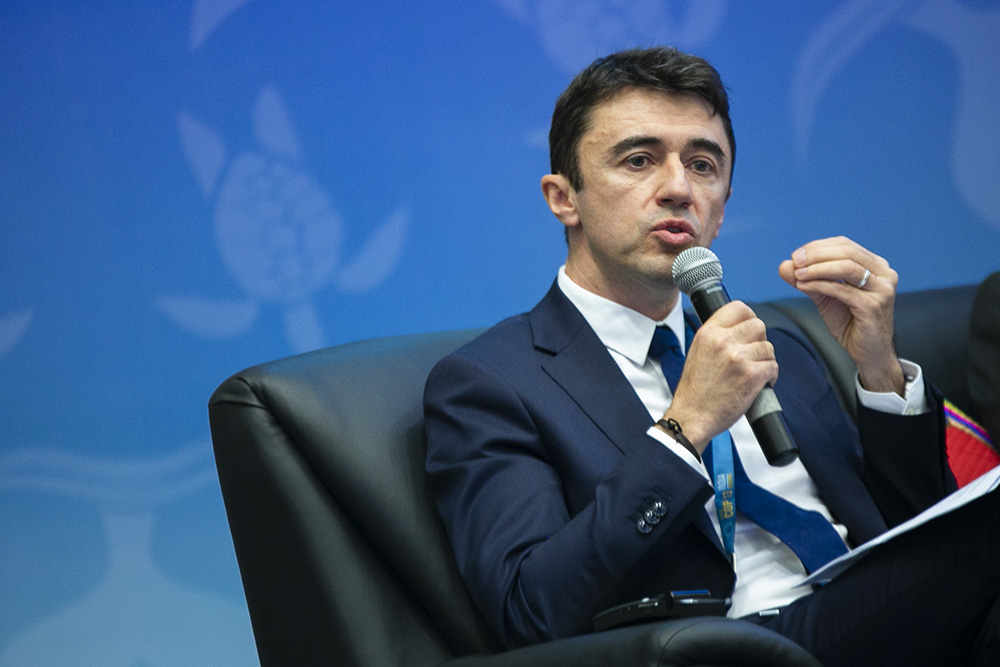
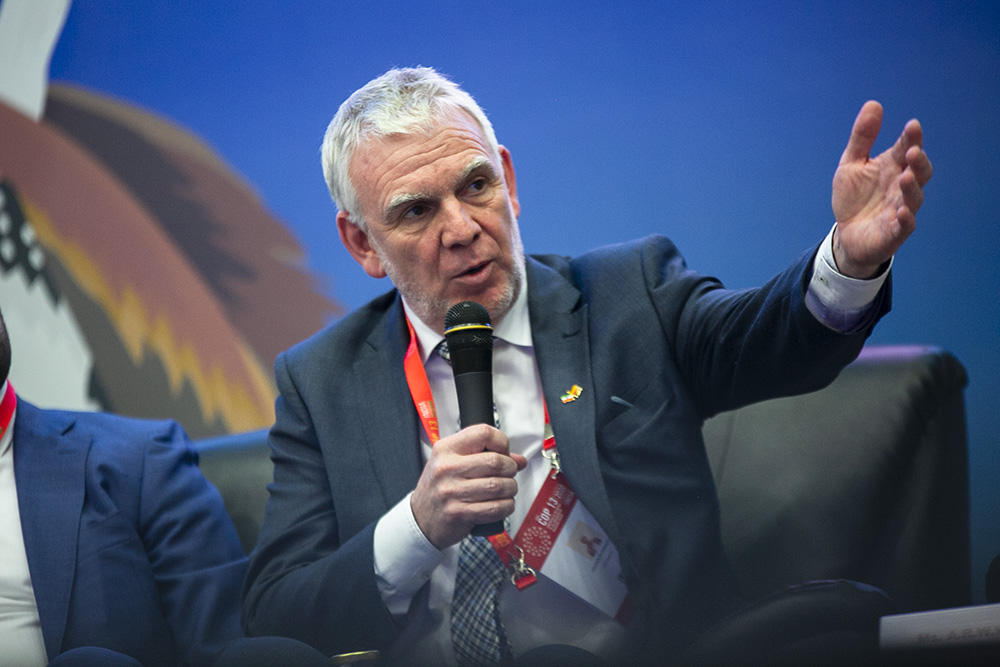
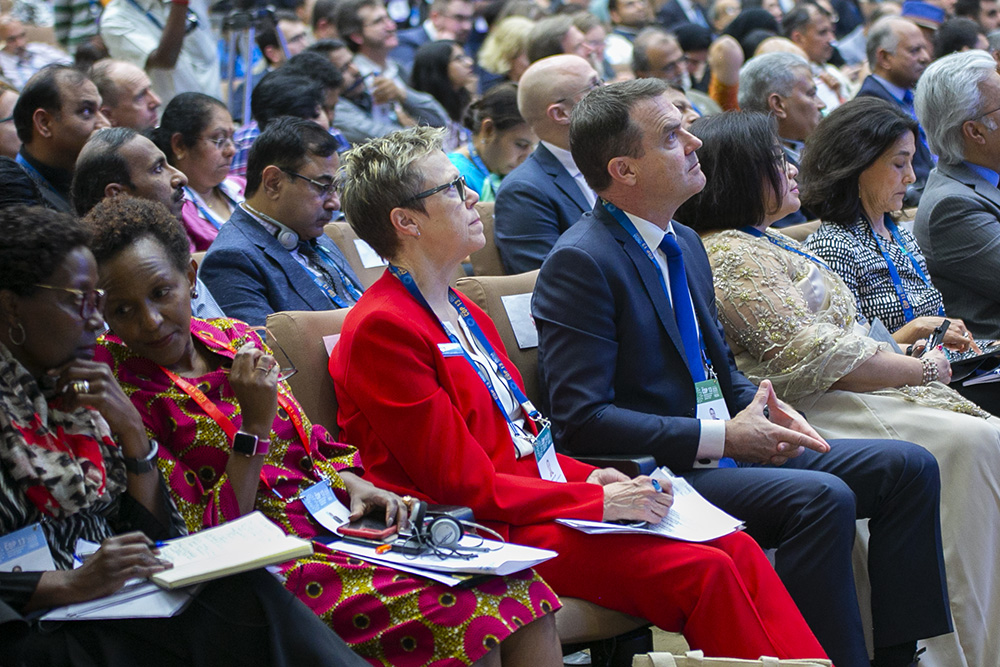
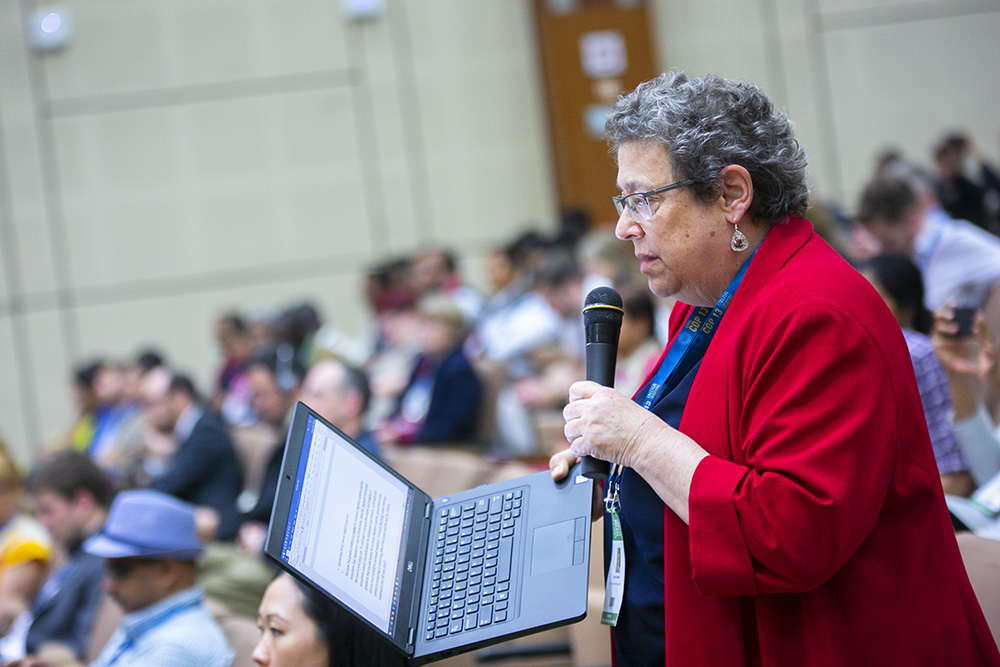
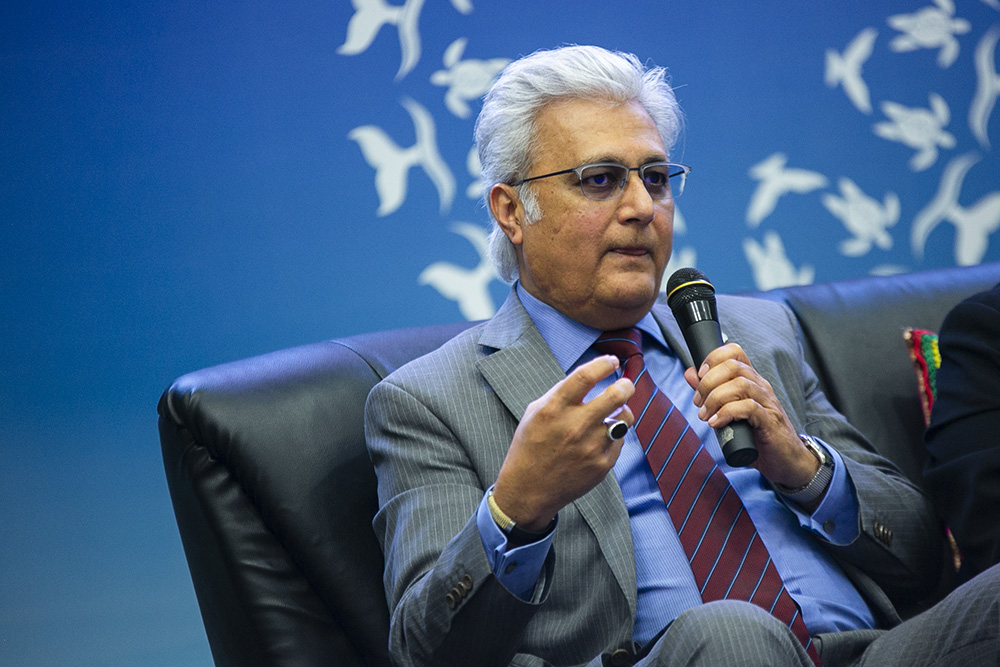
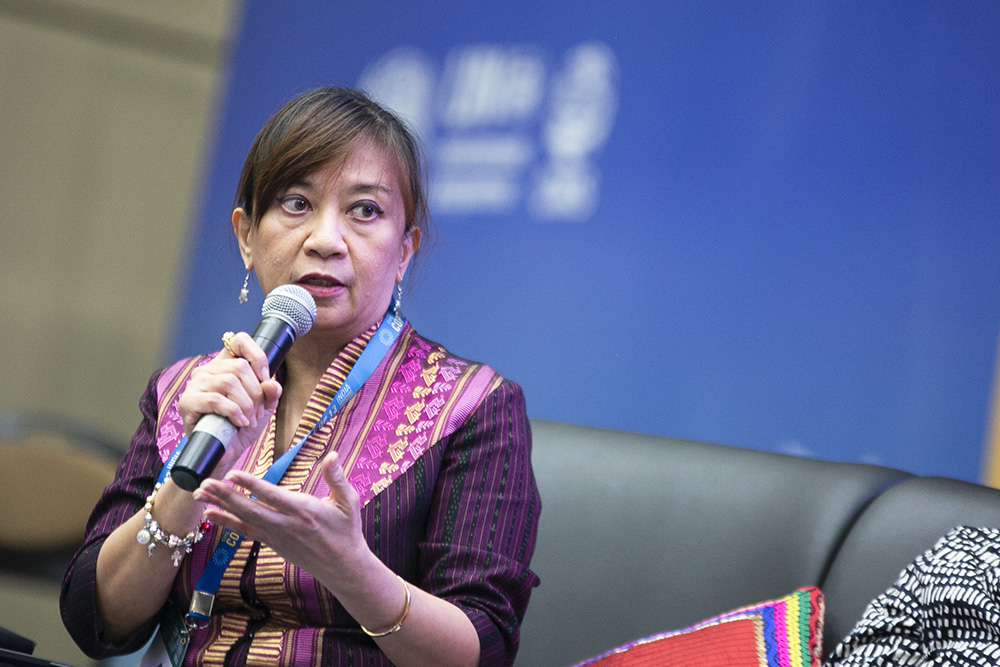
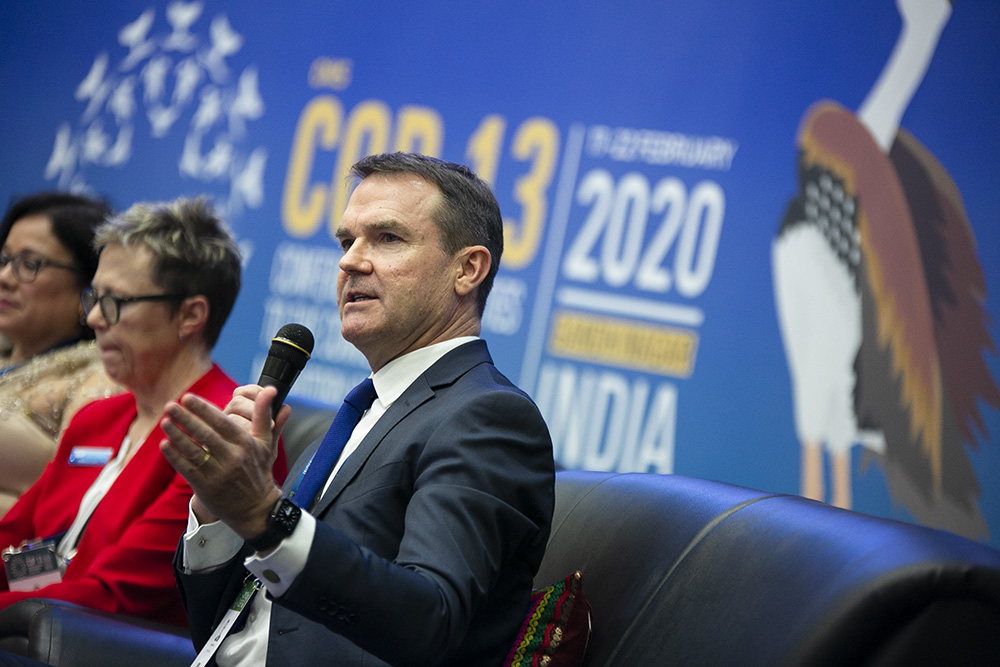
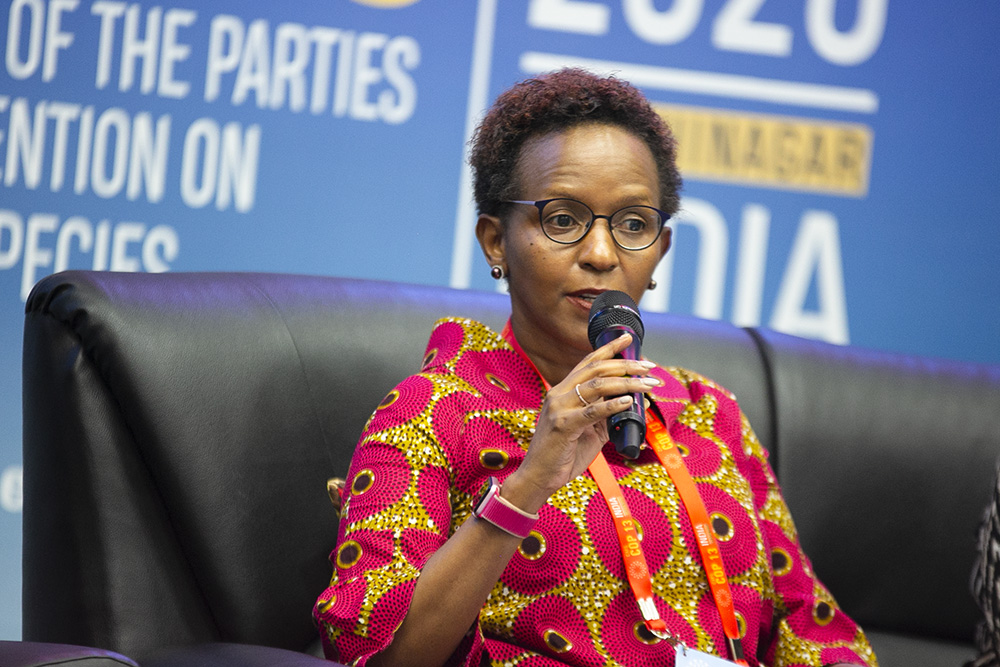

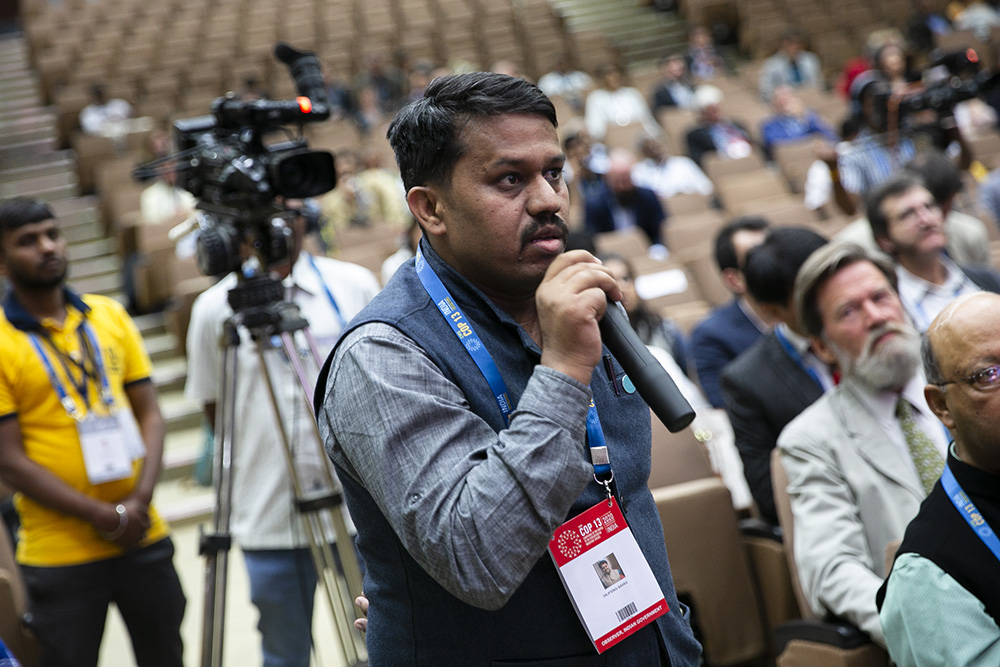
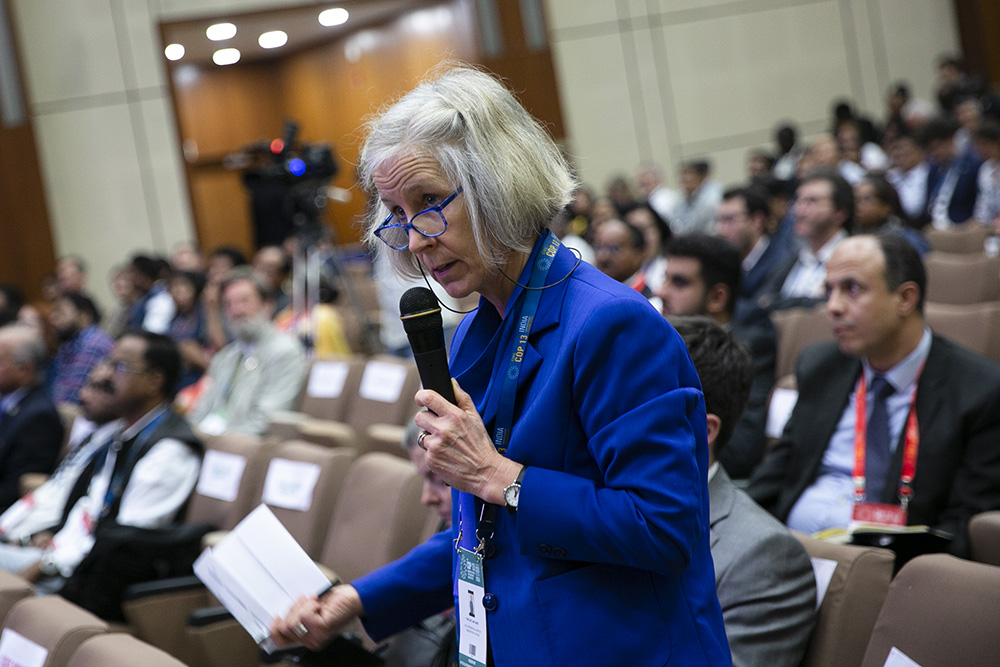
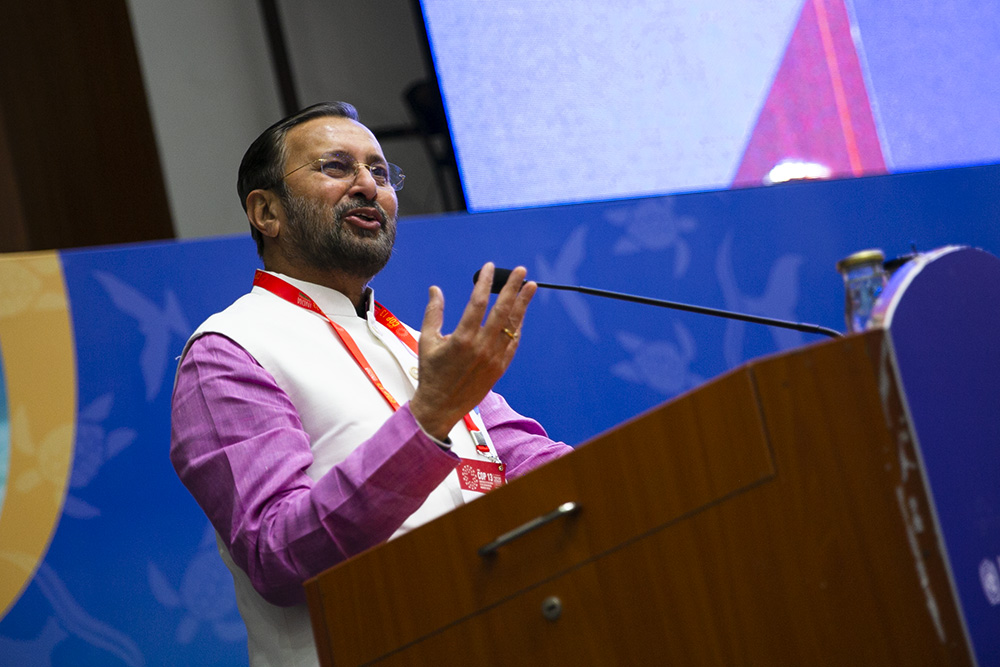
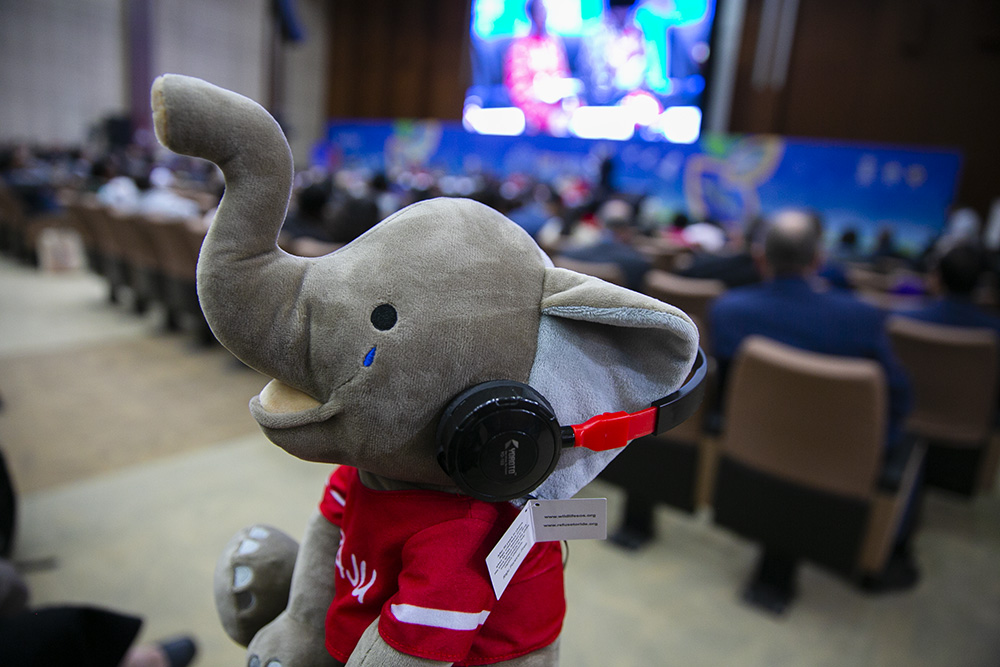
Champion Night Award Ceremony and Reception


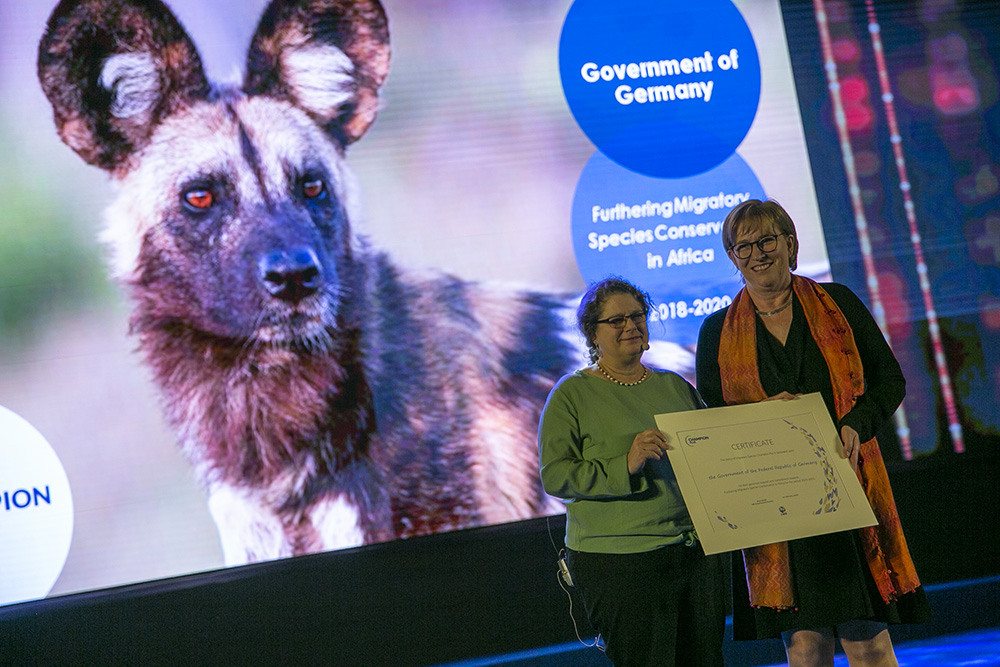
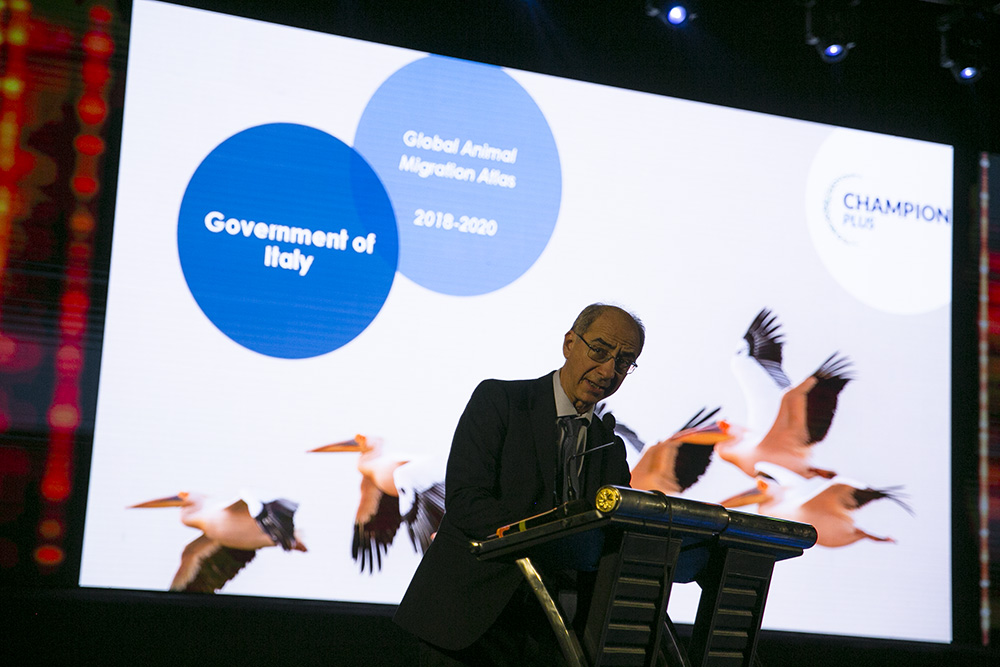
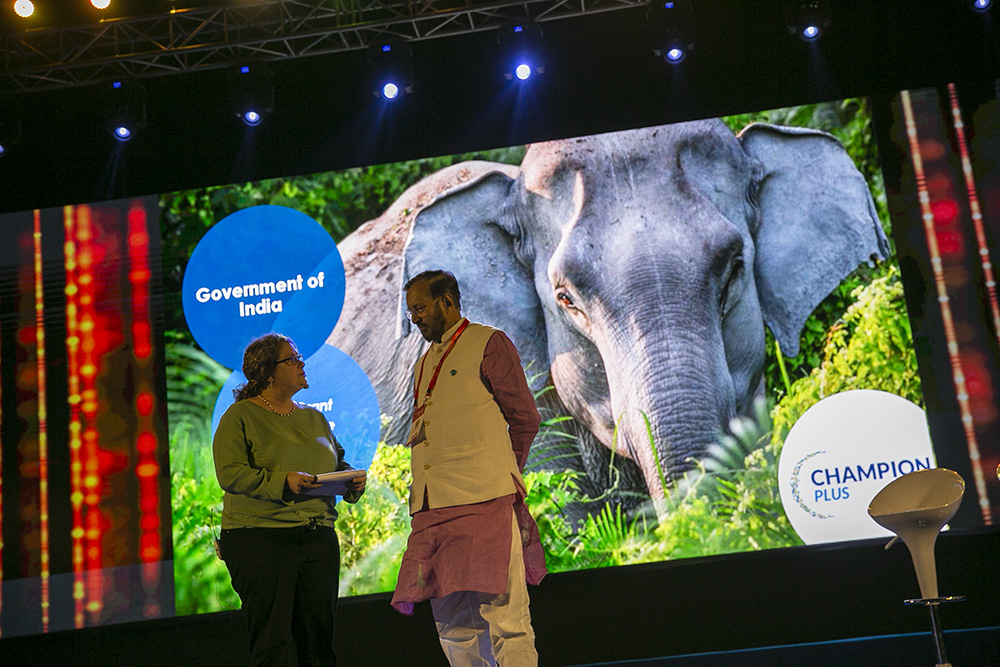
Around the Venue
